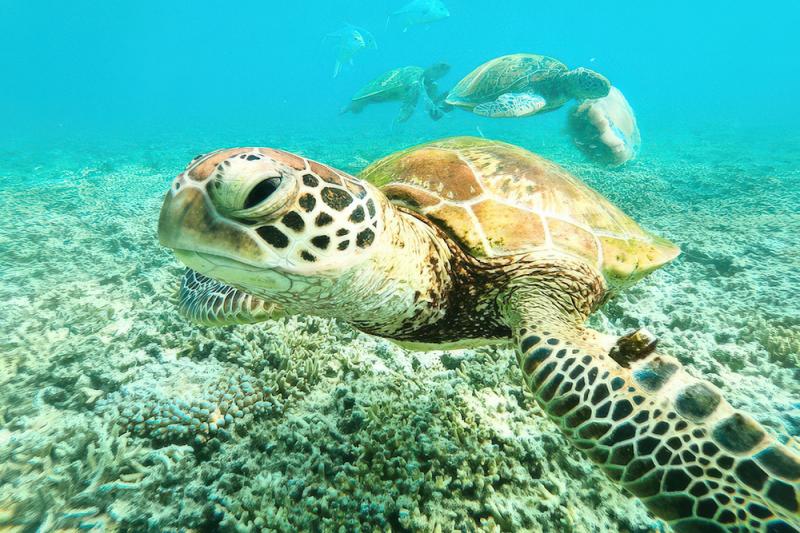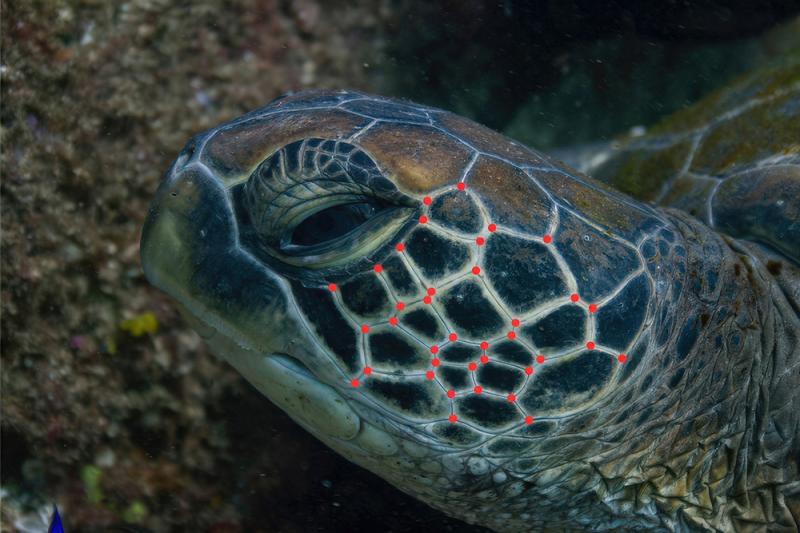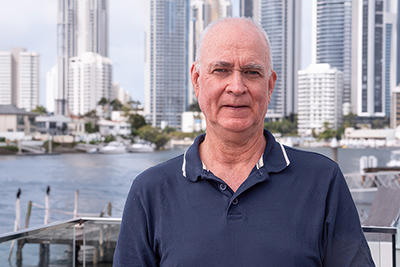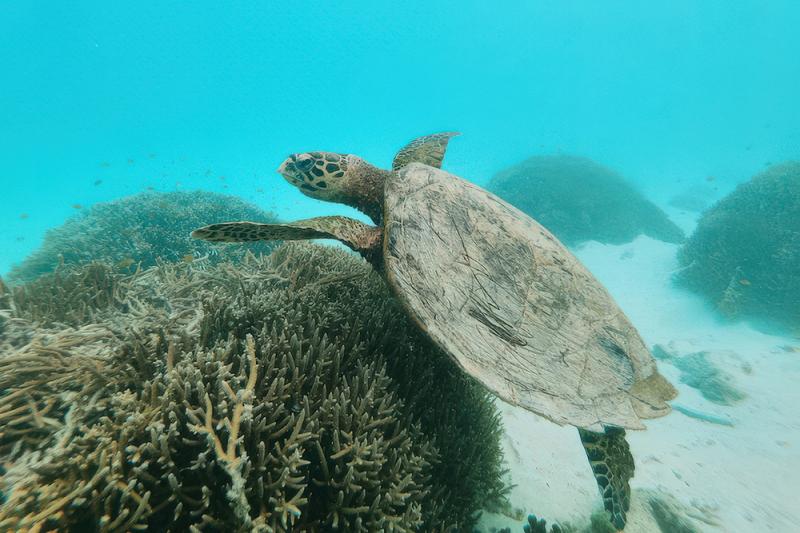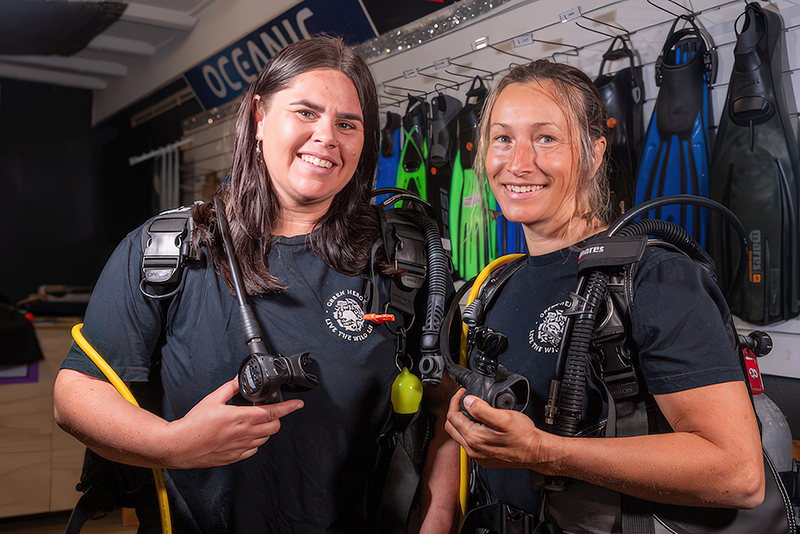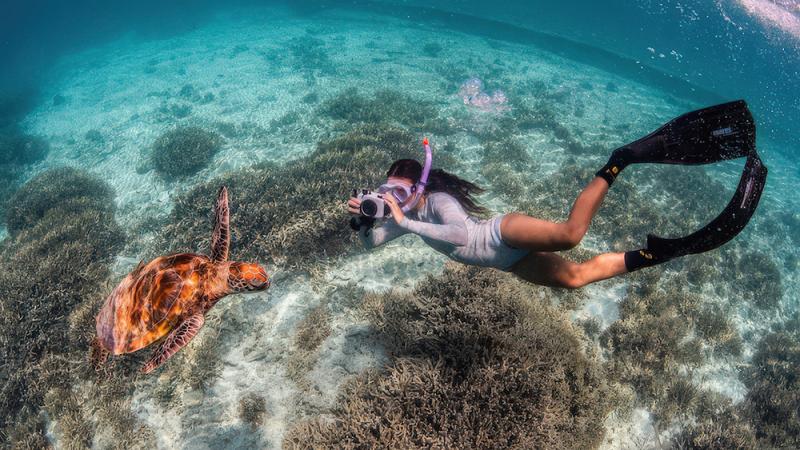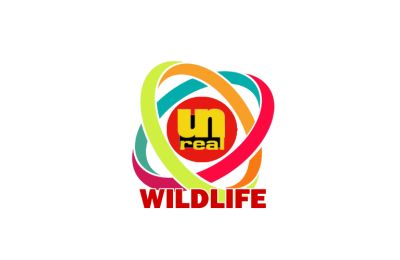
Sea turtles tracked by AI face scales scanning – Wildlife Australia Guide
Gallery
URPoint Details
AI used to track sea turtles by scanning their unique face scales
By Jessica Lamb ABC Gold Coast
Artificial intelligence used for passport facial scanning is now helping track sea turtles. Marine environmental group Green Heroes is hoping to use the Ocean ID project to boost marine conservation and recruit more citizen scientists. Next, the not-for-profit group plans to expand the trial into a mobile app and track other marine life too.
FACIAL SCANNING technology for passports is now being used in the deep blue sea to give scientists better insight into the lives of sea turtles.
Green Heroes, a not-for-profit organisation based on the Queensland-New South Wales border, is utilising artificial intelligence (AI) technology commonly used in airports to track and analyse the marine animals without interrupting them.
The organisation’s founder and director Sarah Jantos said turtles’ facial scales were unique “like a human fingerprint”.
As part of the Ocean ID project, photographs are taken of sea turtles’ side profiles by citizen scientists, divers and snorkellers around Australia and uploaded to a database for scientific analysis.
“It’s actually much simpler to teach the machine to read a turtle’s face than it is to read a human’s face,” Ms Jantos said.
“It’s cost effective, it’s engaging, it’s educational, and the volume of data is much more significant.”
University of Queensland associate professor of zoology, David Booth has been studying sea turtles since 1996.
Dr Booth said other methods of tracking sea turtles could be time-consuming, disruptive, and less effective.
“One [way of tracking] was flipper tagging, which is quite invasive, and the other was putting satellite tags on them, which is very expensive … and it’s not something the general public can do,” he said.
Dr Booth said the technology, which was being used to track all kinds of sea turtle species, was “a game changer”.
He said manual facial recognition had been used in research for the past decade but it was labour intensive.
“This [AI technology] can be adapted for other animals in the future that have some sort of physical visual identification variation, such as the spots on a leopard shark or the marks on a manta ray,” Dr Booth said.
Dive operators on board
The critically endangered hawksbill turtle is found in tropical waters off Queensland’s east coast and as far south as northern NSW.
Its elusive migration habits inspired dive instructor Kristie Morgan to get other dive operators involved in tracking the animals.
The co-director of Green Heroes has been diving with turtles at Cook Island off the Gold Coast and Tweed for more than 15 years.
“I said, ‘Let’s really get to know these turtles’ … Are they locals? Are they travelling through?” she said.
“Then we said, ‘Let’s make this global’, to be able to keep track and get to know all of them.
“We have a lot of people from Cairns and down in Tasmania and they are all contributing — it’s really exciting.”
Ms Jantos said the AI technology was helping push conservation education.
"I see the wildlife crisis and the ocean crisis as a humanitarian crisis as well, and I really feel passionate about speaking out for the voiceless and for wildlife themselves," she said.
Green Heroes plan to expand the trial into a mobile app. ♦
FURTHER INFORMATION
The original ABC News story can be found at:
www.abc.net.au/news/2024-10-17/green-heroes-ocean-id-ai-technology-tracking-sea-turtles/104478574
# ends
- Type:
- Wildlife
- Keywords:
















